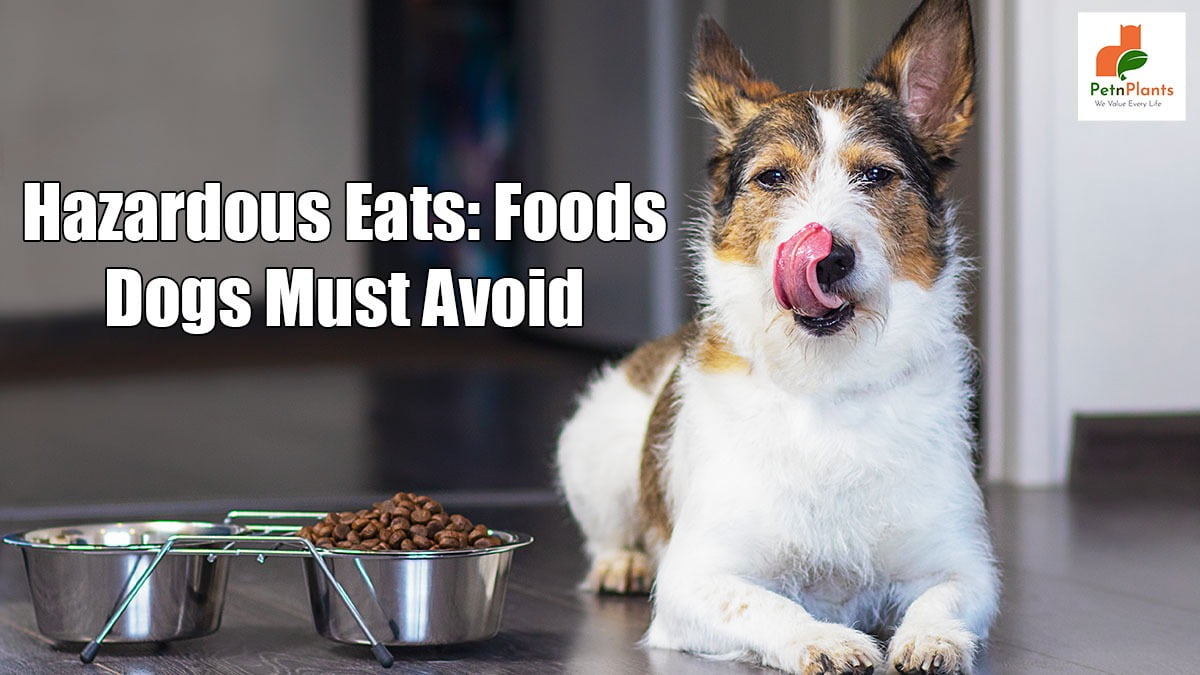How To
Latest
Pet Care
How to Groom Your Dog at Home with the Right Dog Grooming KitMarch 19, 2025
We Value Every Life

When it comes to our beloved canine friends, their health and safety are paramount. As dog owners, it’s our responsibility to ensure they’re not only loved and well-cared for but also protected from harm. A significant aspect of this care involves monitoring their diet. While we might be tempted to share our meals with them, many foods that are safe for humans can be harmful, and sometimes deadly, to dogs. This article aims to educate dog owners about various dangerous foods that should never find their way into a dog’s bowl.







Our dogs rely on us for their health and well-being. Being aware of these dangerous foods and keeping them out of reach can prevent accidental poisonings and ensure a long, healthy life for our canine companions. Always consult with your veterinarian if you suspect your dog has ingested any harmful substances. By educating ourselves and practicing safe feeding habits, we can protect our furry family members from these hidden dangers. Remember, what’s a treat for us can be a threat to them. Ensuring a dog-friendly diet not only shows our love but also our commitment to their health and happiness.

In summary, while we enjoy a variety of foods as part of our daily lives, it’s vital to recognize that our dogs have different dietary needs and restrictions. Understanding and respecting these differences is key to responsible pet ownership. Regularly reviewing this list of dangerous foods, along with adhering to a vet-approved diet, will help in preventing any accidental ingestions that could lead to serious health complications for our beloved dogs.
Always remember: When in doubt, leave it out. If you’re ever unsure about a particular food’s safety for your dog, it’s best to err on the side of caution and avoid it altogether. Keeping our furry friends safe, healthy, and happy is a commitment that comes with the joy of having them in our lives. Let’s ensure that every meal they have is as safe as it is satisfying.
Pet N Plants, a passionate group of authors who are devoted pet and nature enthusiasts. With over 15 years of experience in pet and plant care, our authors bring a wealth of knowledge and a deep love for all things flora and fauna. Each member of our team is dedicated to sharing insightful tips, detailed care guides, and the latest trends to help you nurture your beloved pets and plants. Whether you're a seasoned gardener or a pet parent, our experts are here to support your journey in creating a thriving, vibrant home environment for all your living companions.
0